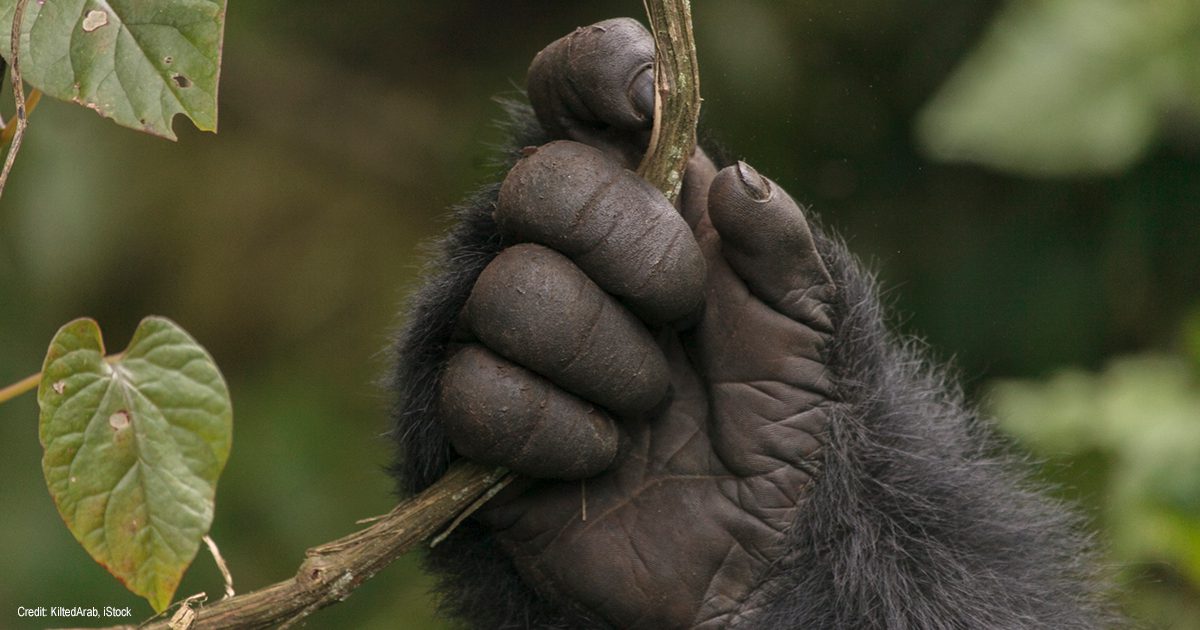We use cookies to enhance site navigation, analyze site usage, customize your experience, and assist in our marketing efforts. By continuing to navigate the site or clicking "Accept All Cookies" you agree to the storing of performance, functional, and targeting cookies on your device as further detailed in “Cookie Settings”. Individual preferences can be selected by clicking “Opt-out preferences” and accepted by filling out your name, email, selections, and clicking “Send”. For more information, review our Privacy Statement.
The technical storage or access is strictly necessary for the legitimate purpose of enabling the use of a specific service explicitly requested by the subscriber or user, or for the sole purpose of carrying out the transmission of a communication over an electronic communications network.
The technical storage or access is necessary for the legitimate purpose of storing preferences that are not requested by the subscriber or user.
The technical storage or access that is used exclusively for statistical purposes.
The technical storage or access that is used exclusively for anonymous statistical purposes. Without a subpoena, voluntary compliance on the part of your Internet Service Provider, or additional records from a third party, information stored or retrieved for this purpose alone cannot usually be used to identify you.
The technical storage or access is required to create user profiles to send advertising, or to track the user on a website or across several websites for similar marketing purposes.












